Why Emotional Intelligence Matters in Job Interviews
When aiming to showcase your emotional intelligence in a job interview, it’s essential to understand that this quality is highly valued by employers. Here’s how you can effectively convey your emotional intelligence during the interview process:
Demonstrating Self-Awareness and Accountability:
Interviewers often ask about a time you made a mistake. Rather than just describing the error, focus on how you handled the situation. A good response includes taking responsibility, demonstrating self-awareness, and showing your ability to learn and grow from your mistakes.
Ineffective Response: Shifting blame and avoiding personal accountability.
Effective Response: Acknowledging the mistake, expressing what you learned, and emphasizing a proactive attitude.
Handling Criticism with Grace:
Your reaction to feedback, especially when it’s tough, reveals your emotional intelligence. Emphasize the value of constructive criticism and your readiness to adapt based on feedback. Show openness to criticism, personal growth, and professional development.
Ineffective Response: Confrontation and resistance to feedback.
Effective Response: Embracing feedback, recognizing its value, and describing how it contributed to your personal and professional development.
Additional Tips:
1. Pause Before Responding: Take a moment to gather your thoughts before answering challenging questions. It shows thoughtfulness and intentionality in your responses.
2. Reflect on Your Interactions: Reflect on past professional interactions, consider what you’ve learned, and how they’ve contributed to better workplace relationships and personal development.
3. Be Genuine: Authenticity is compelling. Be honest about your experiences and emotions, always tying them back to your growth and learning. This demonstrates resilience and a positive attitude in the face of challenges.
Showcasing emotional intelligence is a game-changer in an interview. While skills and experience are crucial, how well you manage yourself and relate to others is equally important. Remember that emotional intelligence is not just a skill; it’s an ongoing journey of learning, growth, and self-improvement. It’s a quality that sets you apart from the crowd and appeals to employers seeking well-rounded candidates. So, embrace your emotional intelligence and use it to your advantage in your next job interview.




